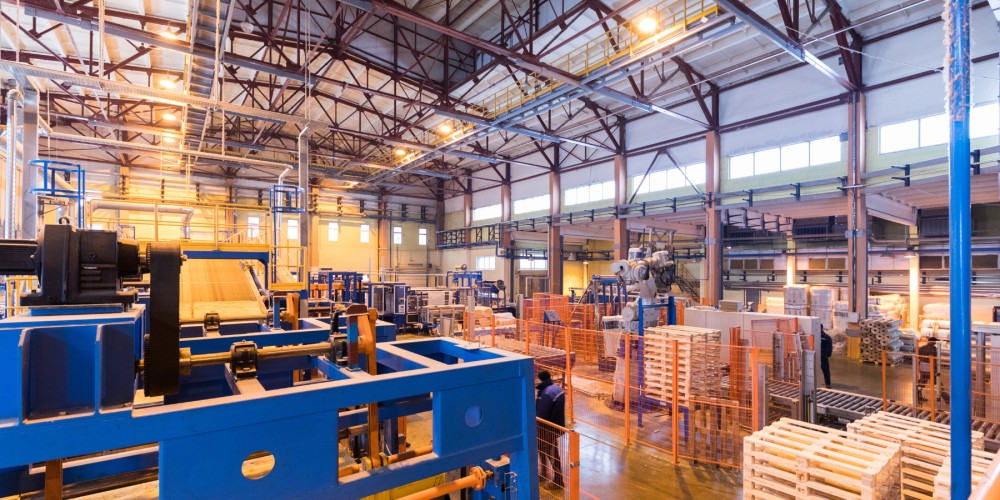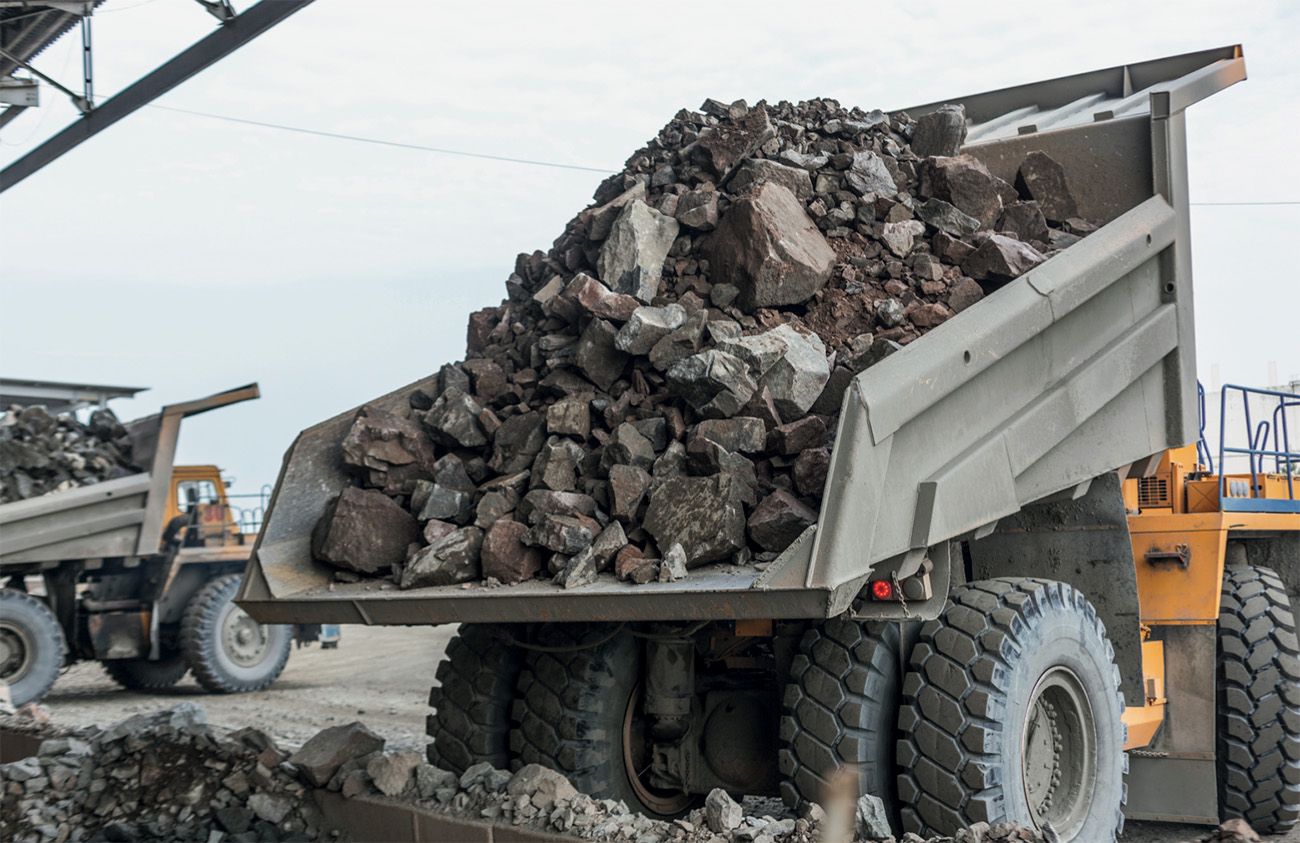Offsite manufacturing workforce forecast
The project was targeted at forecasting the size of the workforce required with offsite manufacturing skills, by quarter, by region, across the next 5-10 years

Project outputs
See AllThe issue
Due to the continuously evolving nature of technology, the educational requirement to train the workforce continuously evolves too. The industry requires the ability to identify when the workforce requires technology-specific training, how large that trained workforce needs to be, and what technologies need to be trained.
Project outcomes
Project Status: Complete
Contract Research Organisation: Scarlatti
Related projects
Funding of workplace training and work-integrated learning for the construction and infrastructure industries
Funding of workplace training and work-integrated learning for the construction and infrastructure industries
Evaluation of government policy settings for apprentices
Understand the extent to which government apprenticeship policy settings are working

Supporting technical experts to become work-based trainers
Developing and trialing tools and resources that support work-based trainers to improve their practice

VET in schools: towards a model for Year 12 & 13 in New Zealand schools
VET in schools: towards a model for Year 12 & 13 in New Zealand
Degree-level apprenticeship (DLA) comparative pilot
Degree-level apprenticeship pilots
The place of micro-credentials in New Zealand
The place of micro-credentials in New Zealand
Investigating training advisors in work-based learning in the construction and infrastructure sectors
Analysing systemic forces for workforce development alongside

Civil Construction: A requirement for a robust and reliable training pipeline
Providing recommendations to combat the skilled labour shortage

Workforce journey indicators data dashboard
A data project to understand how people navigate in and out of the construction workforce
Where is the front door? An investigation into the workforce entry points within the Construction and Infrastructure sector
Mapping the multiple entry points into the construction and infrastructure sectors

Environmental competency training
Ascertaining the specific skills required to meet the government’s environmental goals
Framework for Māori in high-skill roles
Understanding skills shortages experienced by Māori firms to support Māori into high-skill roles

From skilled industry practitioner to Kaiako
Analysing the current kaiako training to identify effective practices in classroom-based tertiary education

Temporary traffic management credentials framework
Informing the development of an improved TTM Credentials Framework

The New Zealand Quarrying Industry’s Possible Futures Toward 2030
Predicting the trends that will impact the quarrying industry to guide quarrying practice
Women’s experiences working in Construction and Infrastructure
Women’s experiences working in Construction and Infrastructure
Skill standards
Good Practice in the Development and Implementation of Skill Standards-Based Qualifications
Neurodiversity
Neurodiversity
Pathways to Successful SMEs
Pathways to Successful SMEs
A Case Study: Cook Brothers Construction Apprentice Academy
A Case Study: Cook Brothers Construction Apprentice Academy

AI Generated Assessment
Using artificial intelligence to create high-quality, engaging, and personalised assessments
A Case Study: Augmented reality in welding training
A Case Study: Augmented reality in welding training
Future workforce skills for Māori and Pasifika owned businesses in construction
Industry Analysis
ConstrucTrend: Vocational Workforce Survey
ConstrucTrend: Vocational Workforce Survey
Co-design guidance for allyship (upstander/ bystander) training
Practical guidance for providers and employers to implement allyship/upstander training in their organisation…